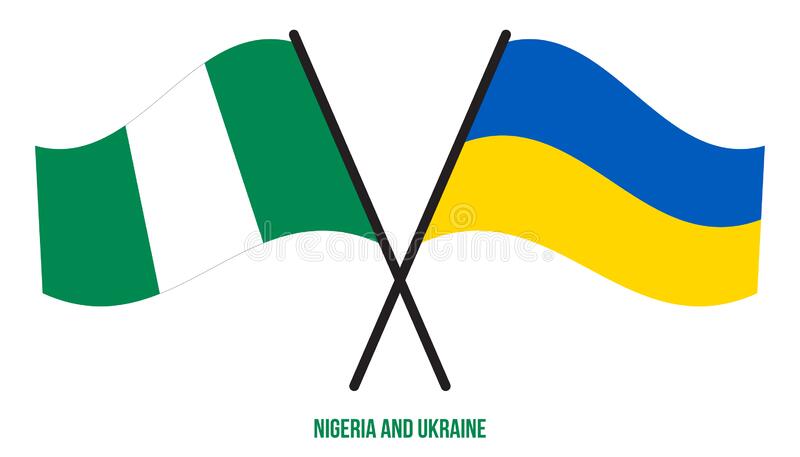Education
More Troubles For Nigerians Studying In Ukraine As Degree Is Labelled ” Online Degrees”

BBC reporter, Chris Ewokor wrote from Abuja Nigeria on the cruel fate of Nigerians studying in Ukrainian medical schools since the MDCN has labelled their certificates as online degrees.
“The message from Nigeria’s medical council could not have been more cruel for students like Moses Damilola Fehintola. Fehintola Moses Damilola had been in Ukraine since he was 17.
After being trapped by war in Ukraine earlier this year, it was a relief when he escaped and was able to continue his medicine degree online.
But one day a WhatsApp message in capital letters pinged on his phone, telling him his distance-learning qualifications would not be recognised after all.
The language was cold and formal.
“We wish to inform the General Public that Medical and Dental Degree Certificates issued by Medical Schools from Ukraine from 2022 will NOT be honoured by the Medical and Dental Council of Nigeria until when normal academic activities resume.”
Mr Fehintola gasped as his vision blurred for a moment. “Jesus,” he muttered in exasperation.
“What’s going on?” his mother asked, glancing across as they drove to a local market in Oyo state. Mr Fehintola mumbled a few words and tried to play it down.
“The news hit me really hard… So many thoughts flooded my mind,” he recalls. “I was actually looking forward to graduating from Ukraine irrespective of whatever happened.”
He was in his sixth and final year of study at Ukraine’s Sumy State University and was months away from finishing, when the city came under siege by invading Russian troops.
Many Africans battled to cross the border into Poland after the outbreak of war in Ukraine
The 22-year-old was left trapped for several weeks before he made it home – he was one of more than 1,000 Nigerians, mostly students, to return from Ukraine.
Despite the raging fighting, Sumy State University and other Ukrainian institutions managed to continue to provide online courses and so Mr Fehintola assumed he would be able to achieve his dream of working as a doctor after all.
However, his plans have now been left in ruins.
“I’m in Nigeria now trying to do clinical practice, because l want to meet the requirements to be able to practise as a doctor in Nigeria,” Mr Fehintola told the BBC.
“First l wrote to my own state Ministry of Health requesting to be posted to a hospital, but on getting to the hospital, the medical director there said: ‘Oh, you are from Ukraine, was it not the place that the certificates were cancelled by the MDCN?”‘
“I was so shocked – I just had to say: ‘Yes’ because it’s the truth. From then on, there was that look, and l know there was going to be a stigma – that attitude of: ‘This guy is from Ukraine, his certificate is not valid.'”
The MDCN has not responded to the BBC’s request for comment.
Describing the policy as discriminatory, Mr Fehintola said he has thought over the announcement and has chosen to be motivated rather than see it as a drawback.
“l will say this to Nigeria: if that’s what Nigeria wants, so be it. I will look for other countries to practise and that will be Nigeria’s loss.”
Grace Ladi Musa, who was five years into a medical degree at Kyiv Medical University when the war broke out, agrees.
“It’s just not fair,” she says
Grace Ladi Musa hopes that the medical council will change its mind
The 23-year-old tells the BBC the plans she had for her life have been turned upside-down – first by the war, then by the revelation that her studies would be considered invalid.
“I hope the Nigerian ministry of education would have a rethink.”
Another medical student has even stronger words for Nigeria’s authorities.


